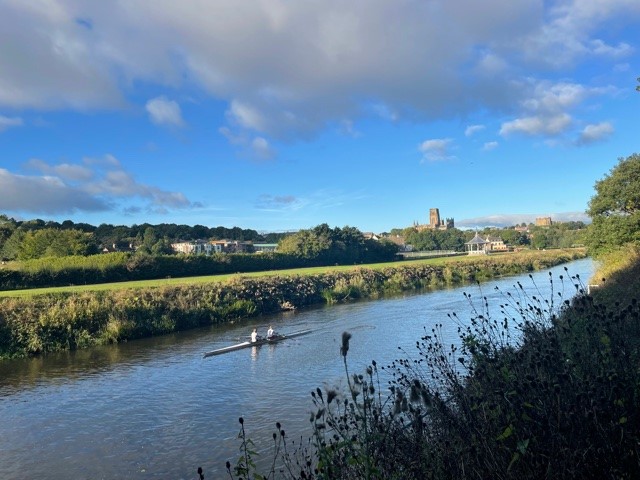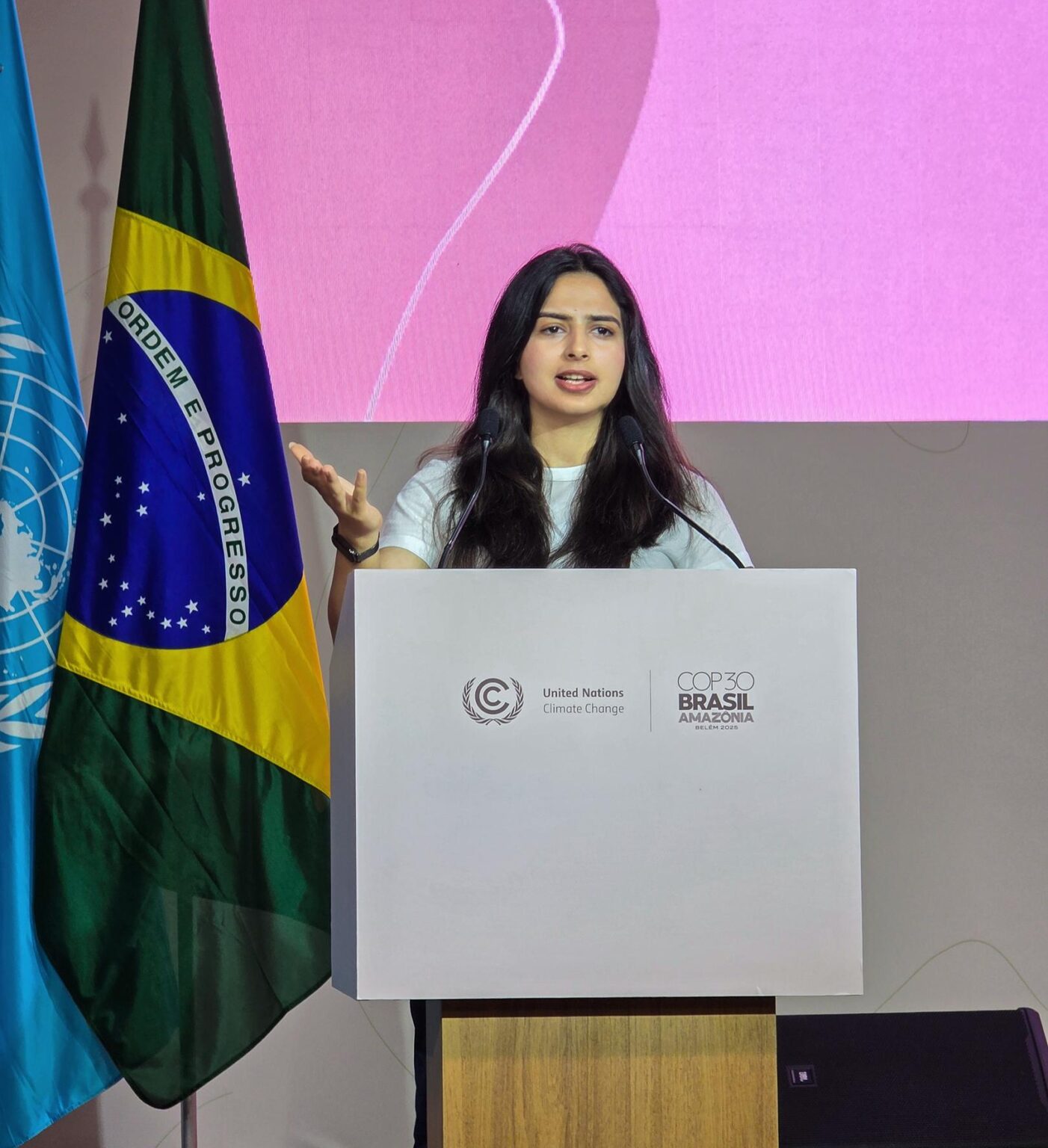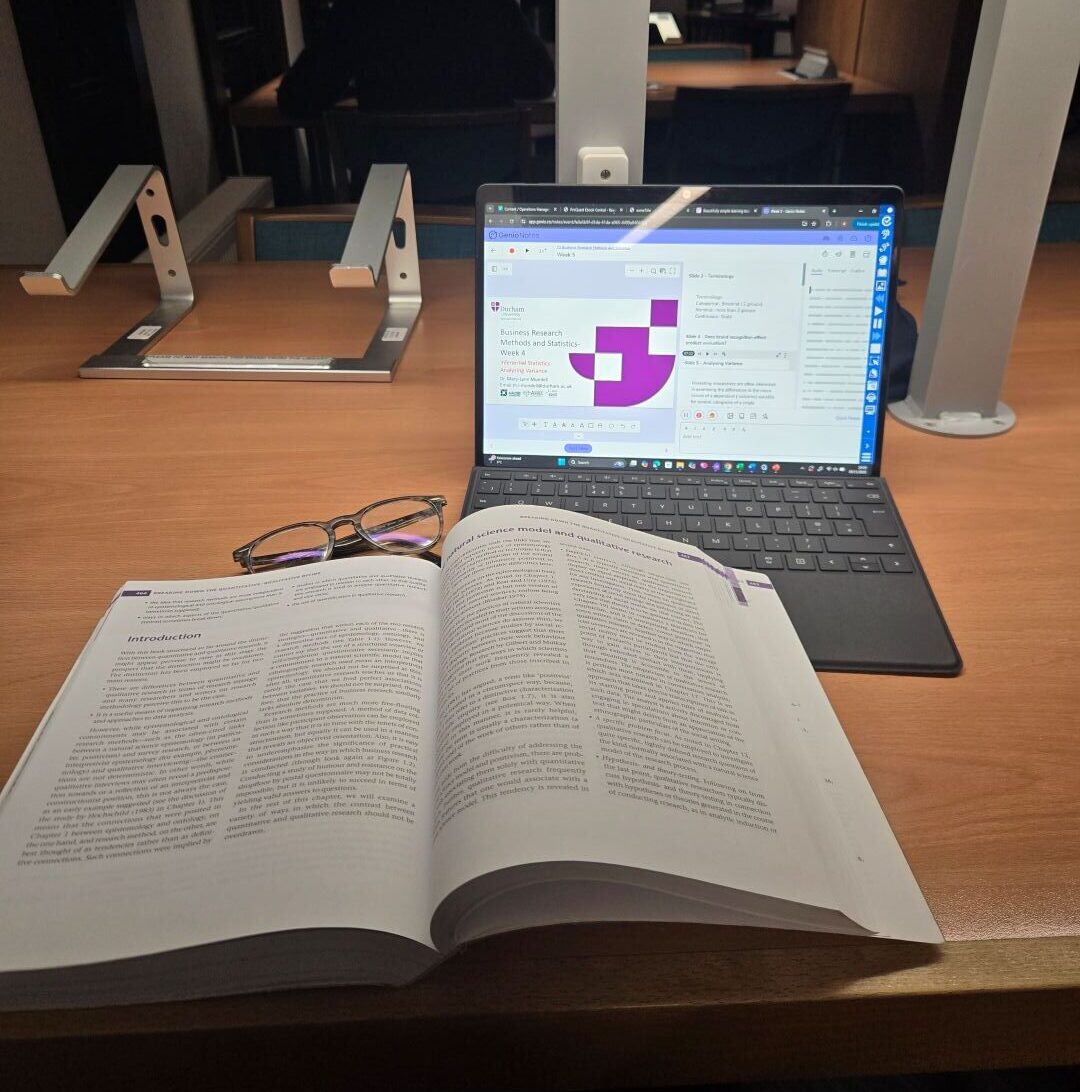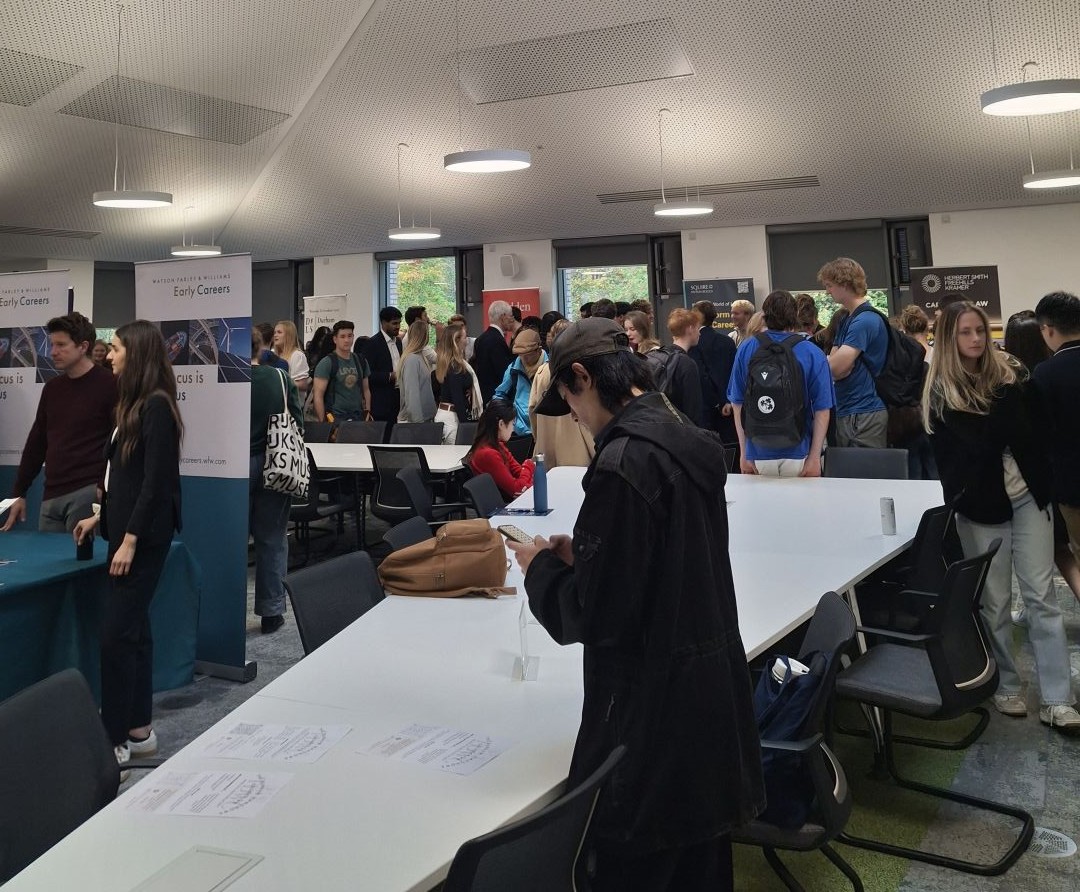Summer 2020 was a weird time; you already knew that though. Some of us had too much time on our hands and nothing fun to do (unless you were in downing street apparently).
Anyway, this isn’t a political blog, this is kind of a chance to brag. I was part of the inaugural Behavioural Science MSc cohort, that is not the brag. After the exams had ended and with only a dissertation left to hand in a few of my fellow students recruited me to be a part of their plans to do some covid related behavioural science research. What a cool idea I thought!
When you have no research experience the idea of taking on an online research project seems pretty sweet. Just send out some questionnaires and wait for the data to roll in, then run it through some analysis software and write some words, hit submit, bosh. Well unfortunately it doesn’t quite go that smoothly, but at least we had time on our hands. We were collecting data by August 2020 and had all our data and analysis by December (yes that is already 5 months passed). Then came the write up, the dreaded draft and redraft process, I lost count of how many times the document was sent from one person to another and on to the supervisors and back again. Eventually, we were there and we submitted it for publication on 20 September 2021.
8 February 2022, rolled around and there it was. Our paper, with our names on it. Wild!

Our first ever paper, it truly was an amazing day!
I guess the point of why I wrote this (other than to brag of course) was to make two points:
- Research takes time, like WAY more time than you originally think.
- Saying yes to opportunities can lead to incredible outcomes. If I had said no to Alex, Sara, and Lilli, I would not have a paper to my name and there would be no Hughes et al., 2022
So what is the paper?
Don’t worry I hear you. There is no need to shout.
The simple version is that we administered a survey through snowballing gathering 368 participants between the 1st and 2nd UK national lockdown and asked them about general and covid conspiracy beliefs, risk perceptions, and compliance with health guidance (washing hands, wearing masks, etc). We found that conspiracy belief relates to lower perceived health risks from COVID, but higher freedom and economic risks, so lower compliance. The effect of conspiracy belief on compliance was mediated by these perceived health risks and economic/freedom risks.
In other words, risk perceptions have an important role to play in the relationship between belief in conspiracy theories and whether a person is likely to follow public health measures. With risk perceptions being crucial to understanding why and if conspiracy theorists follow government guidance.
The major take away being: Health messaging and other interventions could potentially target risk perceptions to disrupt the effect of conspiracy beliefs on behaviour.

Thank you
Massive shout out to Alex for the analysis, Sara for the drafting, Lilli for the editing, Miki for the crushingly constructive criticism, and Ana for the statistical supervision and positive vibes. Still can’t believe we did it, and that our amazing research team has no more reasons to meet up on zoom.
Discover more
If you are interested you can read the full paper here
And you can find out more about the Behavioural Science MSc at Durham.










